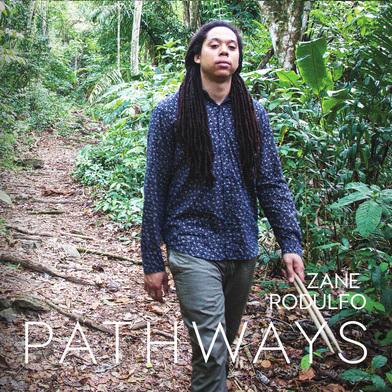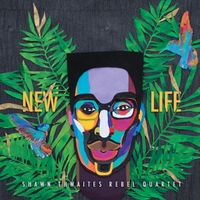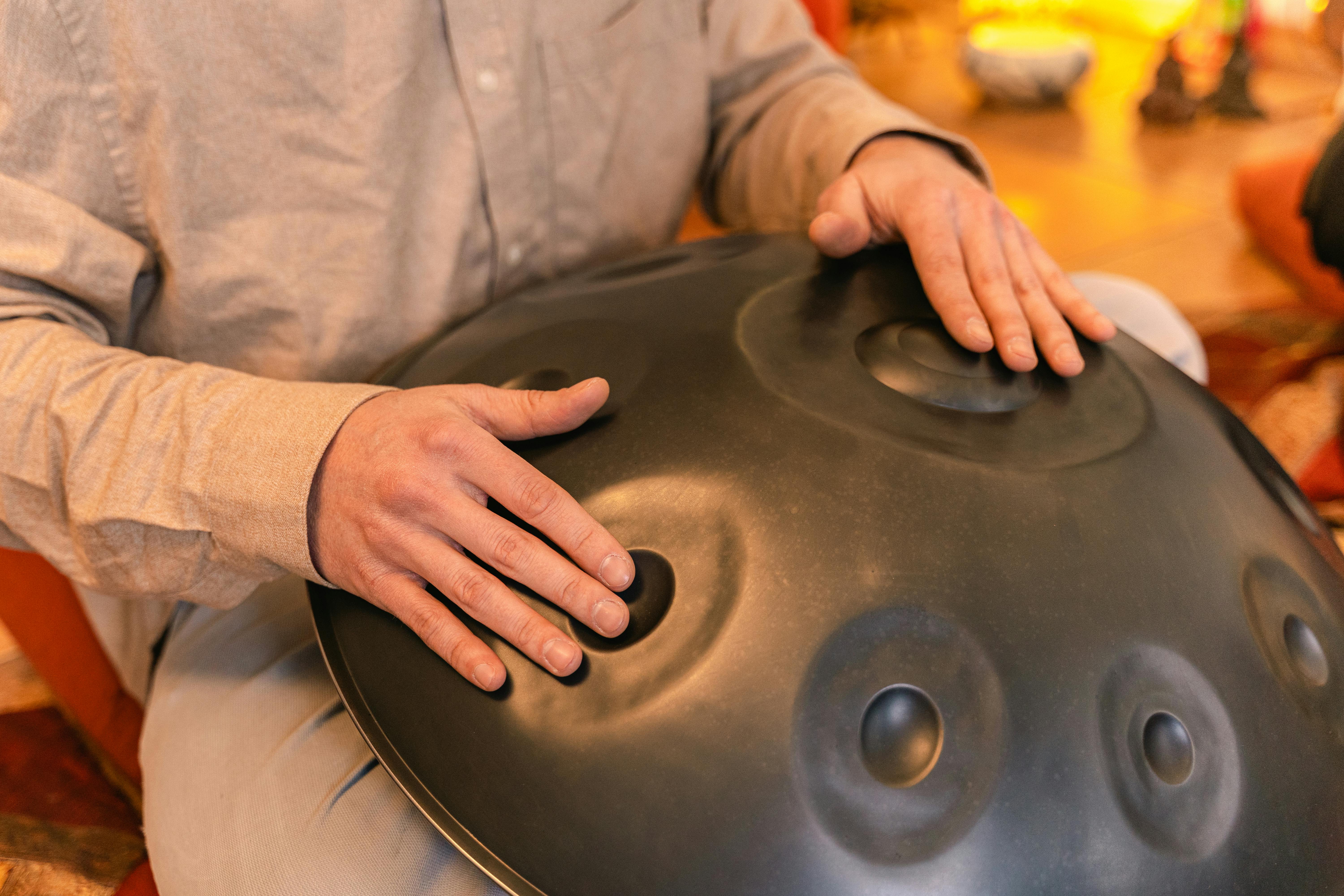 Written by Ted Goslin
Written by Ted Goslin
When young people are first introduced to music, a common misconception is that the drummer is the person who understands the least about melodies, chord structure and general musicianship. With his debut EP, “Pathways,” drummer Zane Rodulfo proves that fallacy untrue.
The five-song album showcases this Trinidad and Tobago native’s impressive skill set on both a song-writing/arranging front and as a world-class drummer. The album takes shape in the form of a spiritual journey, utilizing elements of traditional jazz, Latin jazz, reggae, R&B and funk to emphasize its points.
The opening track, Abiku, which refers to the spirits of children who die before reaching puberty, charts the course of the EP through a haunting atmosphere, anchored in a hypnotic groove by Rodulfo and bassist Luques Curtis. The piece takes a turn for the positive when the groove switches from slightly melancholy and regretful to uplifting with a well-placed reggae section. The tenor sax solo by Dana Stephens breathes life into the piece atop of its strong foundation, while maintaining the song structure by only appearing in the darker sections. Earl Brooks Jr. also adds his own stamp with a melodic tenor pan solo about half way through the piece as it returns to the recapitulation of the melody section.
The piece, which runs over nine minutes, switches gears a final time with a catchy bass riff that fades out as if to speak to the ambiguity of what happened to the souls of those lost children. As if to answer that question in the next piece, Trismegistus, titled after the ancient greek prophet Hermes Trismegistus, takes the theme of divine intervention, said to have been first conveyed by Trismegistus in a time that predated the Old Testament. The themes of death, rebirth, intervention and salvation are prevalent in these first two pieces, while fitting in the nuanced performances of its soloists without losing the thematic aesthetic.
In terms of style, Trismegistus brings up memories of artists like Joe Zawinful of Weather Report thanks to the use of a synthesizer in place of piano, used to emphasize the theme of the Gods and divinity. The style can be felt on the album as a whole as it ebbs and flows like silk from one piece to the next, never losing site of its fusion-based, thematic objective. This is true with the third piece, Seek, as it dips down into a softer ballad, preparing listeners for the rockier road ahead with its last two pieces, the aptly titled Retrospect, and Hourglass, which goes beyond the previous themes to state the reality of life and existence, that there is a time limit and one should not waste the life given.
Jazz virtuoso, Victor Provost, lends his talents to Hourglass, utilizing both his delicate touch and gorgeous low G tenor pan to brings us home in an introspective and hopeful way. It could be easy to label the album as simply another worthwhile first album attempt by a young upstart, especially to non-jazz listeners. But that would be a mistake. The album showcases much more than just the ability for a drummer to transcend previous stereotypes about their musicianship or compositional ability. It achieves a rare feat of both conveying strong messages based on themes and leaving the listener wanting more. If the hopeful tone of the final piece is any indication, listeners have a lot to look forward to with this talented young artist.









